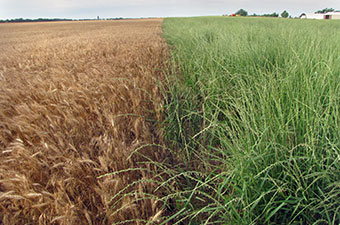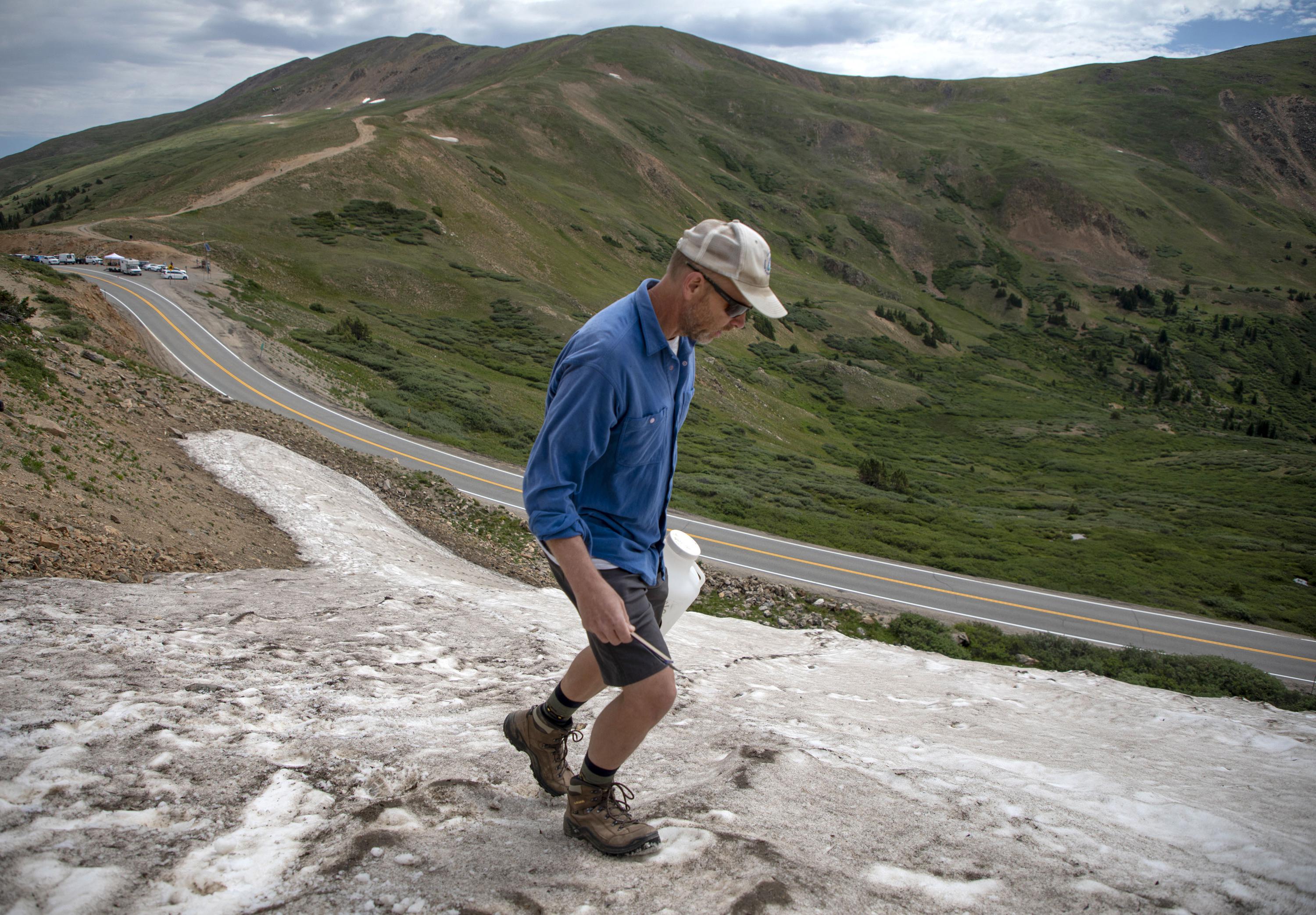Cheap, and unlimited, is pushing it I think. The earth has a finite amount of resources. Unless population growth and consumption decrease, the prospect is not sustainable, at least not on our current trajectory.
Population growth is falling rapidly in China and across the Developed World (with degrowth baked in wo immigration), and flattening out in Africa and Latin America.
As for the finite earth, we agree
First, that the climate is a comparatively finite thing, the atmosphere is equivalent in mass to a solid layer about 15m deep over the entire surface, and even a small change in its composition (re CO2) can change radiation balance and break the climate. The amount of fossil fuel required to be burned to do this is a several cubic km per year of hydrocarbons. That must stop.
Second, the amount of productive soil to be shared by the biosphere and agriculture is also quite limited, due to its low productivity per acre (equivalent to an energy eff of much less than 1% conversion of sunlight to energy). If we want to have a LOT more more people, we need to expand agriculture to the further deficit of the biosphere and native habitat. This is why I favor intensive farming, and organic farming ONLY if its intensive. Lower intensity means more habitat loss.
Third, the oceans? Overfished and depleted.
But minerals? Not a problem... versus those few km^3 of hydrocarbons (which haven't run out yet) the crust of the earth has tens of millions of cubic km of accessible, mineable volume. There are PLENTY of minerals to last a very long time.
Landfills? Plenty of space for modern landfills.
I recycle glass and metal to save energy/carbon, not to save minerals. I landfill plastic (and love my K-cups)... not going to hurt anything in a modern landfill for the next 10,000 years. And I try to limit my meat consumption (minimize climate and habitat impacts).
Its all about emissions and habitat at this point. Not minerals and landfills.




![[Hearth.com] Hey Boomers! Demographics discussion on energy usage [Hearth.com] Hey Boomers! Demographics discussion on energy usage](https://www.hearth.com/talk/data/attachments/297/297936-9e7a98a391a0d2d36e4a546b38f7d966.jpg?hash=U93_UU1tHR)
![[Hearth.com] Hey Boomers! Demographics discussion on energy usage [Hearth.com] Hey Boomers! Demographics discussion on energy usage](https://www.hearth.com/talk/data/attachments/297/297938-44eb8077f75588931ac919abf6f1ddf9.jpg?hash=zMgkN5j1bJ)
![[Hearth.com] Hey Boomers! Demographics discussion on energy usage [Hearth.com] Hey Boomers! Demographics discussion on energy usage](https://www.hearth.com/talk/data/attachments/297/297939-19b2c5a59a8074b515883dec4570c42f.jpg?hash=DFAos7FGNL)
